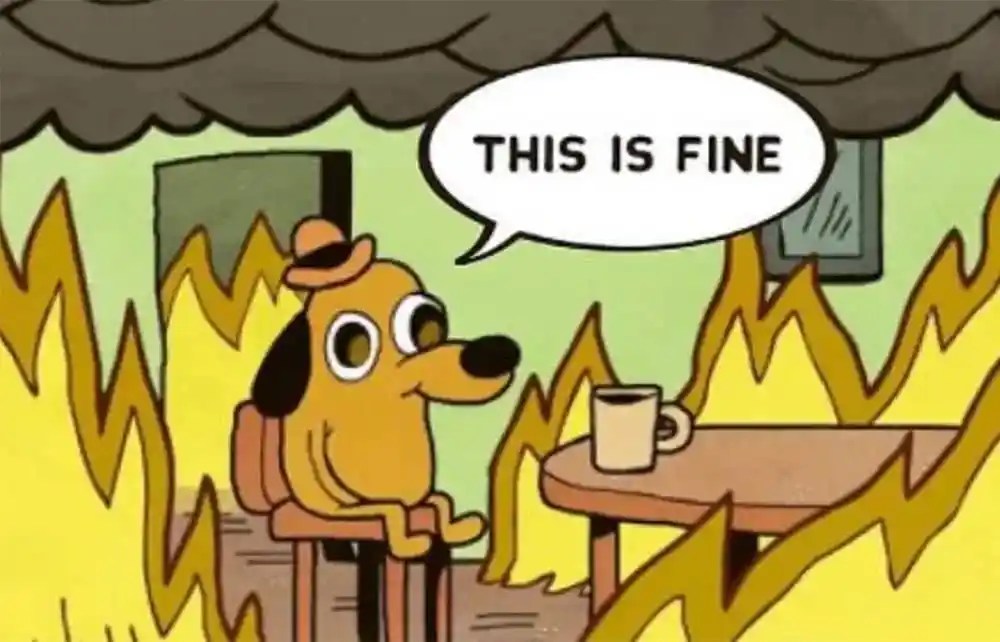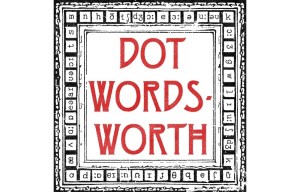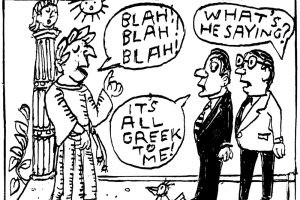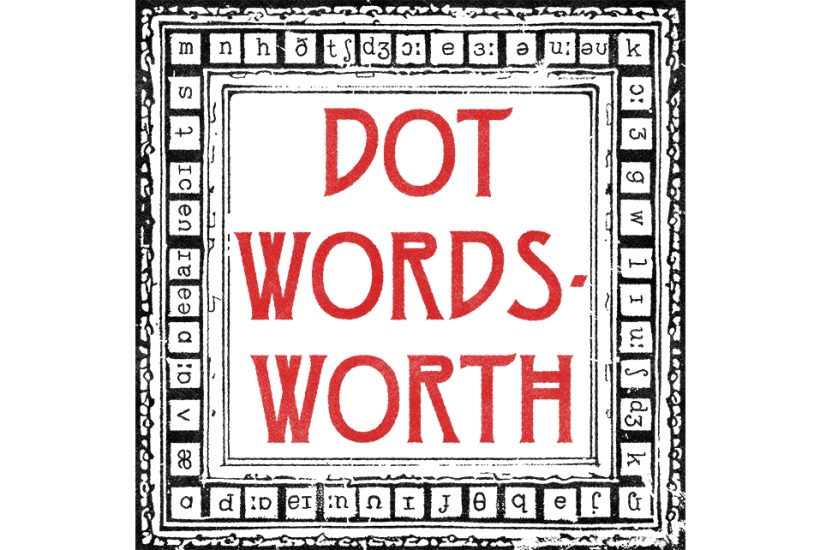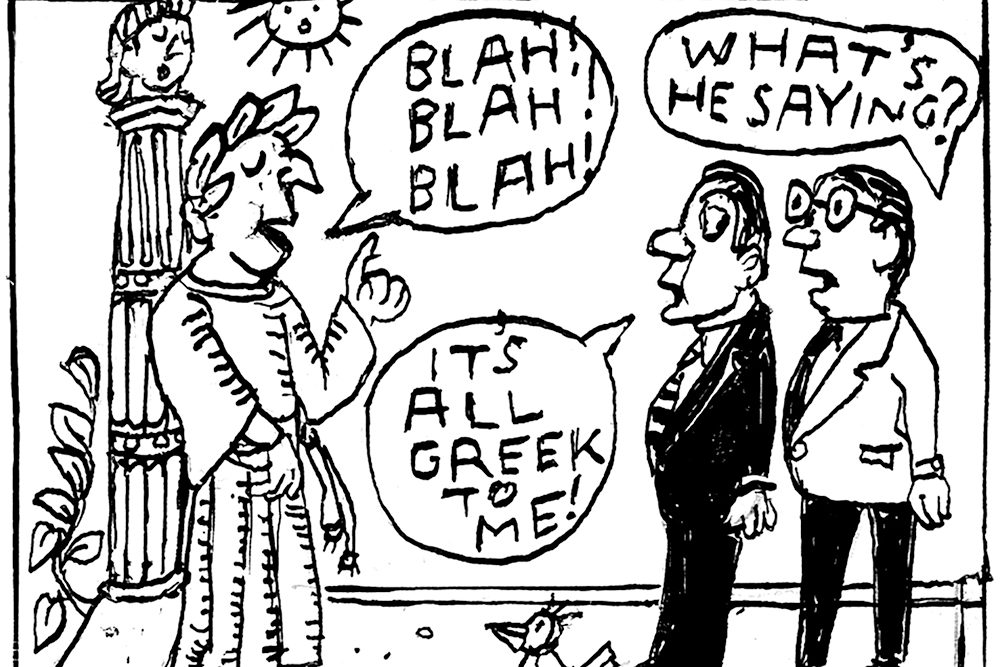In his photo from 1932, “Derrière la gare Saint-Lazare,” Henri Cartier-Bresson caught the moment when a man in a hat launches himself forward from a ladder lying in some water, his leading heel not yet breaking the mirror-like surface, which reflected too a circus poster of a girl leaping. In 1952, when the photographer published his collection Images à la Sauvette, the title chosen for the English edition was The Decisive Moment, a phrase that Cartier-Bresson took from a sentence from Cardinalde Retz (1613-79), a statesman from a banking family: “Il n’ya rien dans ce monde qui n’aitun moment décisif” (“There is nothing in this world that does not have a decisive moment”).
Implied in the aperçu is more than just a split second, but a turning point, a critical moment when things go from bad to worse, or from bad to good. This is not quite the implication of the English word crisis, especially as used of problems in government and economy. The Oxford English Dictionary comments that it is “now applied especially to times of difficulty, insecurity, and suspense in politics or commerce.” By “now” I think it means “in 1893,” when the entry was first published. Crisis comes from a Greek word that also gives us critical and critic, all deriving from a verb meaning “to decide.” One can see the connection in meaning between critical judgments and decisive moments. There was also a crisis in astrology, when the stars and planets came into a conjunction that decided events. As Samuel Butler, the satirical author of Hudibras, wrote in 1663: “They’ll feel the Pulses of the Stars, / To find out Agues, Coughs, Catarrhs; / And tell what Crisis does divine / The Rot in Sheep, or Mange in Swine.”
A similar apprehension of mysterious influences might be shared by those who predict the future in economic affairs. This year, three economists working in America won the Nobel Prize for their insights into financial crises. The committee that awarded the prize said they had “improved our ability to avoid serious crises.” Perhaps so, if action is taken at the decisive moment.
This article was originally published in The Spectator’s December 2022 World edition.



